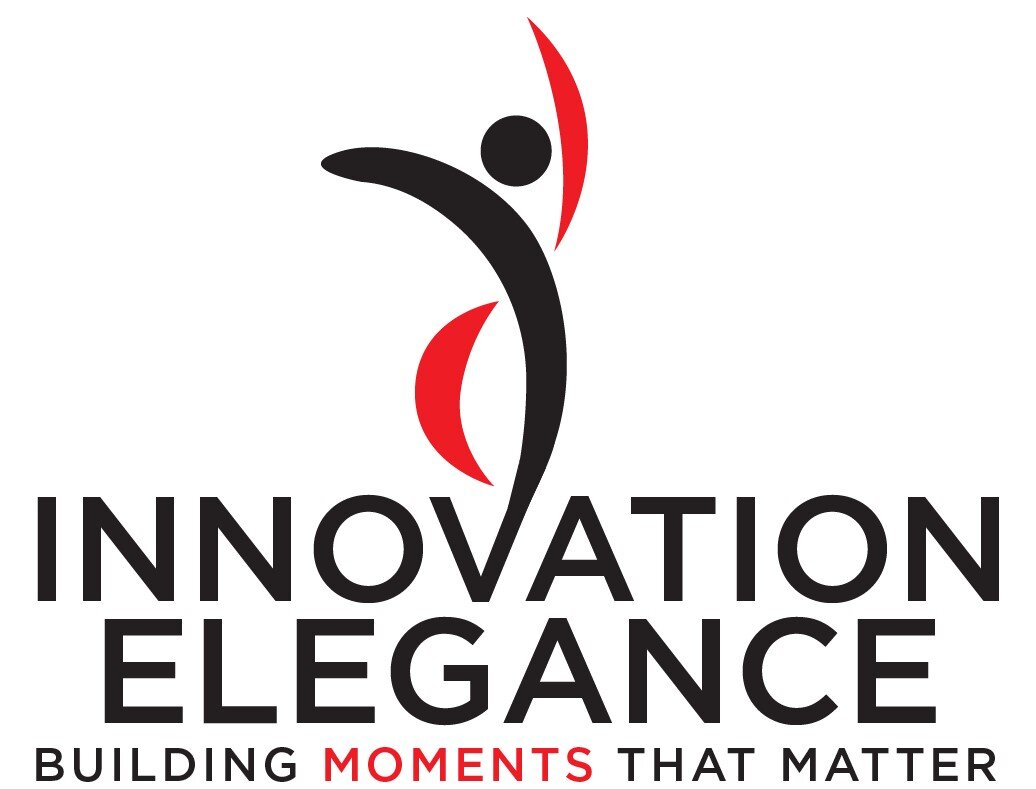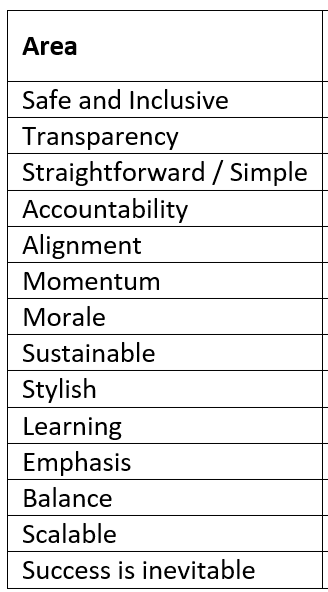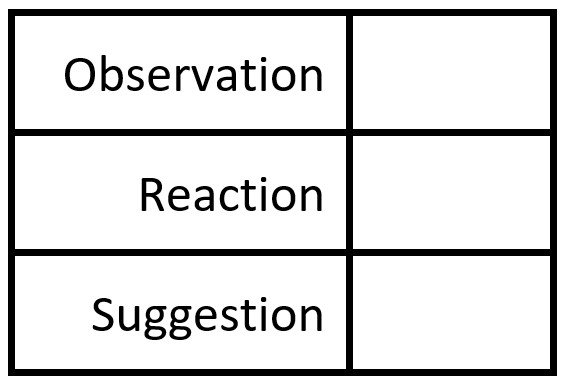Innovation Blog
The Why of an Innovation Factory
The What of your Asset Portfolio
The How In the Empathetic Arts
Approachability Menu (IP)
Approachability is an advantage. Making coaching easy is an advantage. This tool minimizes the effort to manage expectations, manage perceptions, and share helpful feedback across three communication channels.
Pre-Project and Cross-Project Information
In innovation, most attention is the work within the project. Before your next project begins, consider what questions your team should answer. This documentation provides transparency, alignment, and sets you up for success.
What Can Your Project Team Learn From The Arts?
Innovation should take inspiration from an expanded view of the Performing Arts - the Empathetic Arts. The world of innovation has much to learn, benefit, and profit from audience-centric collaboration that has a great employee experience.
Stoplight Report
Perceptions of health are important! They can be as easy to share as Red, Yellow, and Green. THEN the conversation starts!
What Can Business Learn From Theater
Although your innovation team is not literally a theater company, you should manage it like one because you want all the same things: a great environment, a great story for your customers, a great experience for your actors, auditions for the right roles, a sense of belonging, low re-invention of the wheel, and the integration of numerous moving parts. Memories, Moments That Matter, and a Standing Ovation.
I Like I Wish I Hope I Wonder
In a fast-moving world, you need a simple framework for weekly reflection. Your colleagues don’t have to finish and share every sentence every week, but everyone must be thoughtful of these every week. Own your praise. Own your critique. Own your silence.
Approachability Menu
Don’t rely on HR to define and govern feedback. Own it. Conduct it yourself. Be approachable. Groom it in others. Isolate feedback into three communication channels: email etiquette, meeting etiquette, and deliverable contribution. Neutralize personality conflict. Ask and negotiate “What do you want me to do differently?”
Lessons Learned
A culture of reflection, honesty, and humility leads to healthy organizational improvements. Asking the two questions, “What did we do well?” and “What could we improve?” is lazy. These breed mediocrity and fail to bring out people’s best ideas. There is a pattern in the problems. Micro-mentor yourself monthly using constructive language. Make your success inevitable.
ORS Report
Frameworks for feedback can be simple and helpful! Here is one such framework. For every point of feedback, ask reviewers to share these three ingredients.
Improve Your Culture’s Vigilance
Which of your culture traits can you trace to impacting your vigilance? Upfront rigor has a different cost than procrastinated quality. Choose Prepare over Repair.
Improve Your Culture’s Elasticity
Which of your culture traits can you trace to impacting your elasticity and resilience? Consider idle work, idle workers, a balanced innovation pipeline, spontaneous alternatives for stakeholders, and if you blame a hiring decision. Fix your methodology. Fix your elasticity.











